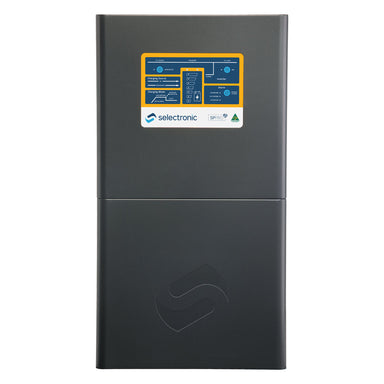
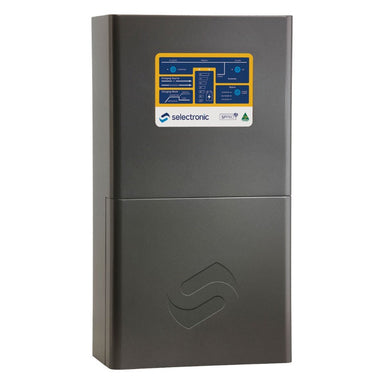
Selectronic SP PRO 7.5kW 48V multi-mode, bi-directional inverter charger. Welcome to Selectronic, an Australian owned company since 1964 de...
View full detailsBoth AC and DC coupling have their advantages and disadvantages, depending on the system design, size, and application. Some of the factors that may influence the choice of coupling are:

 Save $-8,465.00
Save $-8,465.00
Selectronic SP PRO 7.5kW 48V multi-mode, bi-directional inverter charger. Welcome to Selectronic, an Australian owned company since 1964 de...
View full details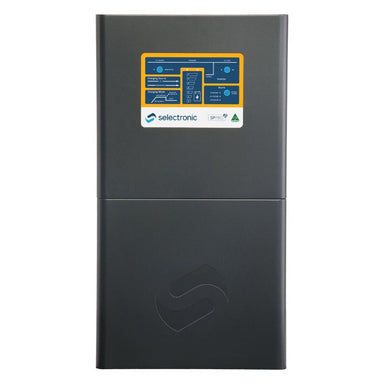
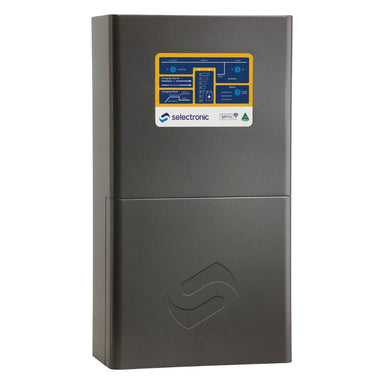 Save $-6,450.00
Save $-6,450.00
Selectronic SP PRO SPMC481-AU 5kW 48Vdc multi-mode, bi-directional inverter charger. Welcome to Selectronic, an Australian owned company ...
View full details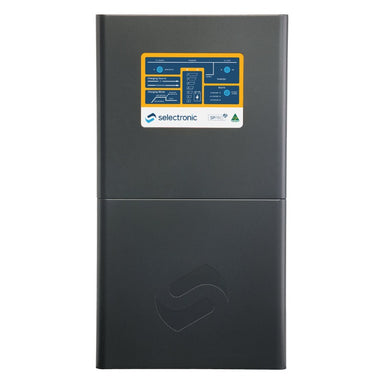
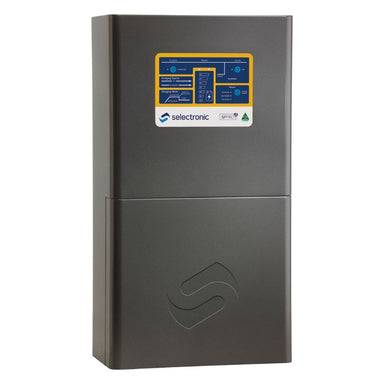 Save $-6,490.00
Save $-6,490.00
Selectronic SP PRO 4.5kW 24v multi-mode, bi-directional inverter charger. Clean Energy Council (CEC) approved Inverter (what is this?) We...
View full details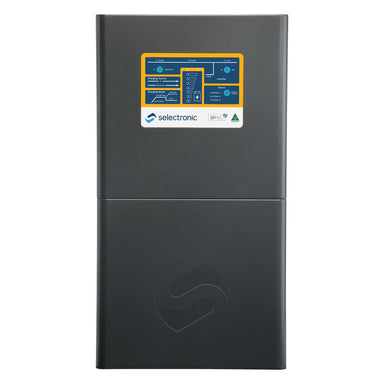
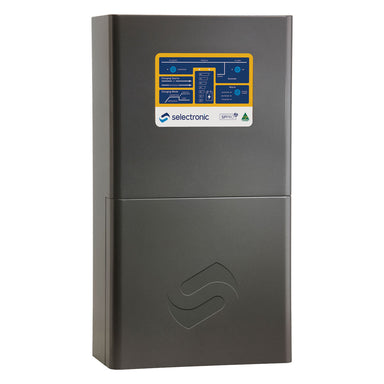 Save $-4,764.00
Save $-4,764.00
Selectronic SP PRO 3kW 24v multi-mode, bi-directional inverter charger. Clean Energy Council (CEC) approved Inverter (what is this?) Welc...
View full details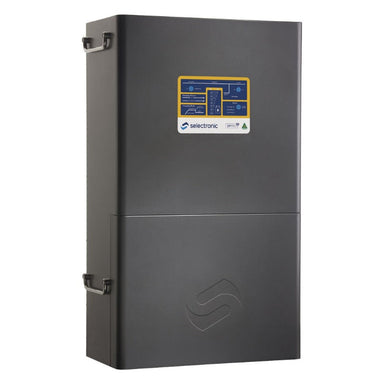 Save $-9,545.00
Save $-9,545.00
Selectronic SP PRO 7.5kW multi-mode, bi-directional inverter charger. Clean Energy Council (CEC) approved Inverter (what is this?) Welcome ...
View full details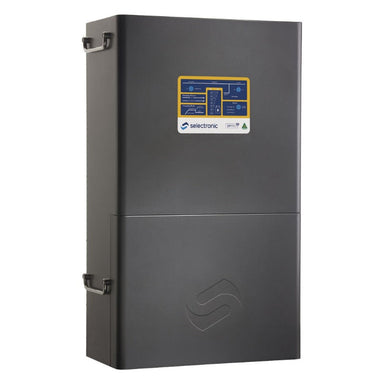 Save $-18,540.00
Save $-18,540.00
Selectronic SP PRO 20kW 120v multi-mode, bi-directional inverter charger. Note: This is a very heavy item, free shipping to nearest freight depo...
View full details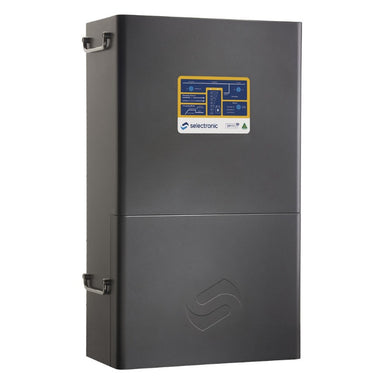 Save $-14,880.00
Save $-14,880.00
Selectronic SP PRO 2i 15kW multi-mode, bi-directional inverter charger. Note: This is a very heavy item, free shipping to nearest freight depo...
View full details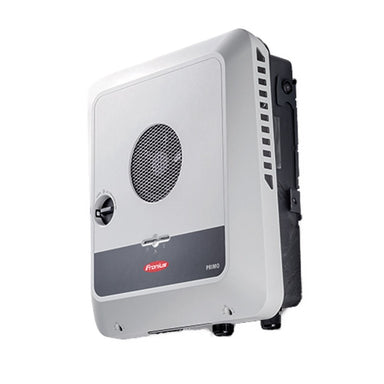
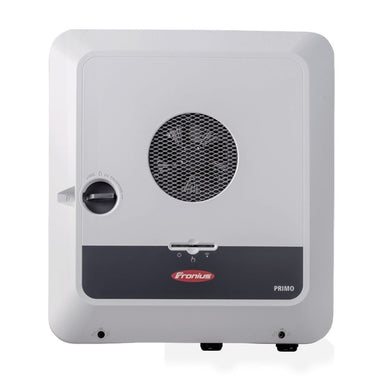 Save $481.00
Save $481.00
Fronius Primo GEN24 3kW Single Phase 2MPPT PV Inverter. The Fronius Primo GEN24 is a single phase 3kW inverter for private PV systems with back...
View full details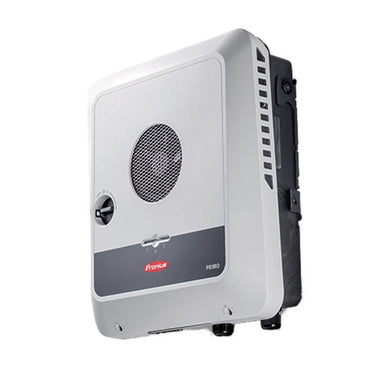
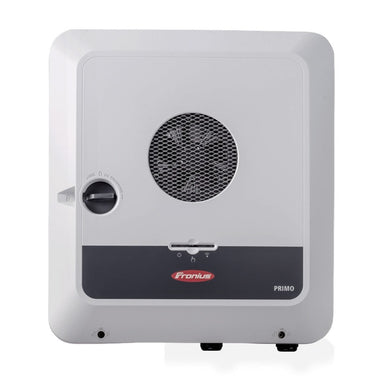 Save $1,045.00
Save $1,045.00
The Fronius Primo GEN24 Plus 8.0 kW is a single-phase hybrid inverter and the ideal core for private PV systems, with Battery Back-up functionalit...
View full details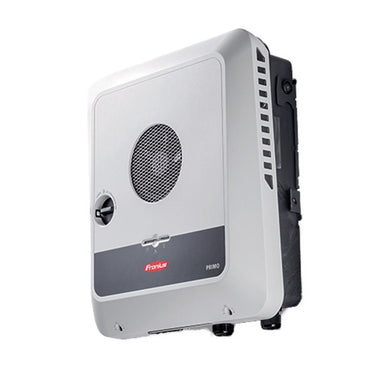
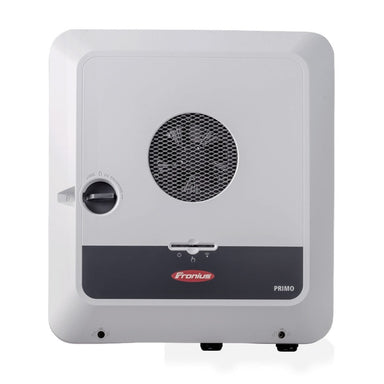 Save $-3,427.00
Save $-3,427.00
The Fronius Primo GEN24 Plus 5.0 kW is a single-phase hybrid inverter and the ideal core for private PV systems. The Fronius GEN24 Plus offers an ...
View full details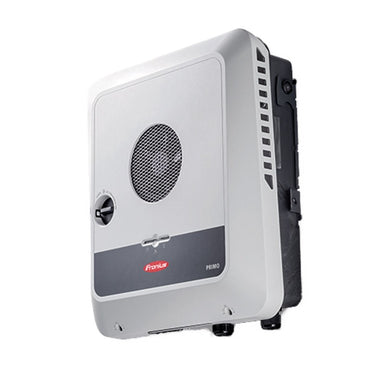
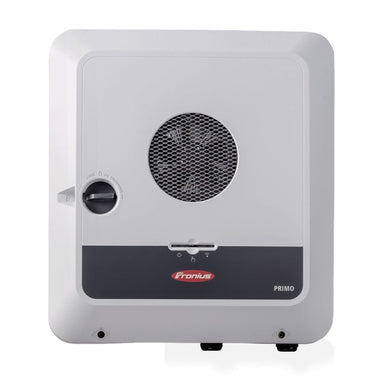 Save $-3,822.00
Save $-3,822.00
The Fronius Primo GEN24 Plus 6.0 kW is a single-phase hybrid inverter and the ideal core for private PV systems. The Fronius GEN24 Plus 6.0 offers...
View full details
